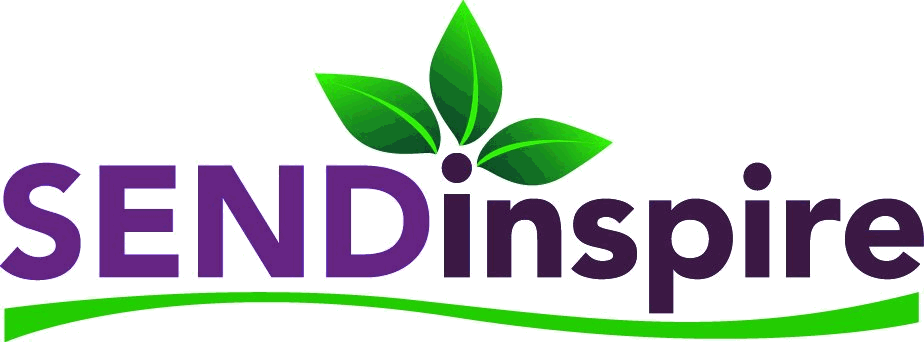Dyslexia is a specific learning disability that affects a person’s ability to read, write and spell. It is a neurological condition that can make it difficult for individuals to process and interpret language.
Symptoms of Dyslexia
Symptoms of dyslexia may vary from person to person, but can include difficulty with:
- Reading and writing
- Spelling
- Phonological awareness (the ability to identify and manipulate sounds in words)
- Working memory
- Rapid naming (the ability to quickly name objects or symbols)
- Directionality (confusing left and right)
Diagnosis of Dyslexia
Dyslexia can be diagnosed by a licensed professional, such as a psychologist or educational specialist, through a comprehensive evaluation that includes testing and observation of the individual’s cognitive and academic abilities.
Treatment of Dyslexia
There is no cure for dyslexia, but with the right support and intervention, individuals with dyslexia can learn to read and write effectively. Some common treatments for dyslexia include:
- Phonics instruction: Teaching the sounds of letters and how they blend together to form words.
- Multisensory instruction: Incorporating visual, auditory, and kinesthetic (touch) learning strategies.
- Assistive technology: Using software or tools such as text-to-speech programs, audiobooks, and speech recognition software.
- Educational therapy: Providing one-on-one instruction to address specific learning difficulties.
Help and Support for those with Dyslexia
There are many resources and support available for individuals with dyslexia and their families. These include:
- Support groups: Connecting with others who have dyslexia can provide valuable emotional support and practical advice.
- Education plan: Developing a personalised education plan to accommodate the needs of the individual.
- Assistive technology: Providing tools and software to help individuals with dyslexia overcome challenges in reading and writing.
- Educational therapy: Working with a trained professional to address specific learning difficulties.
It’s important to remember that dyslexia is not related to intelligence, and with the right support, individuals with dyslexia can achieve academic and professional success.

